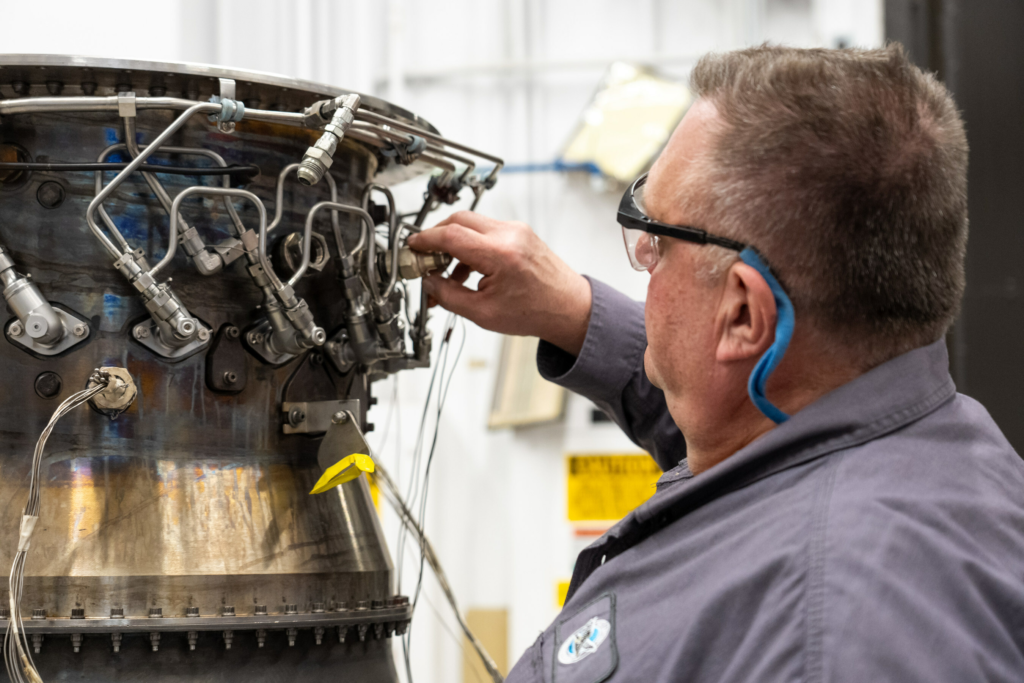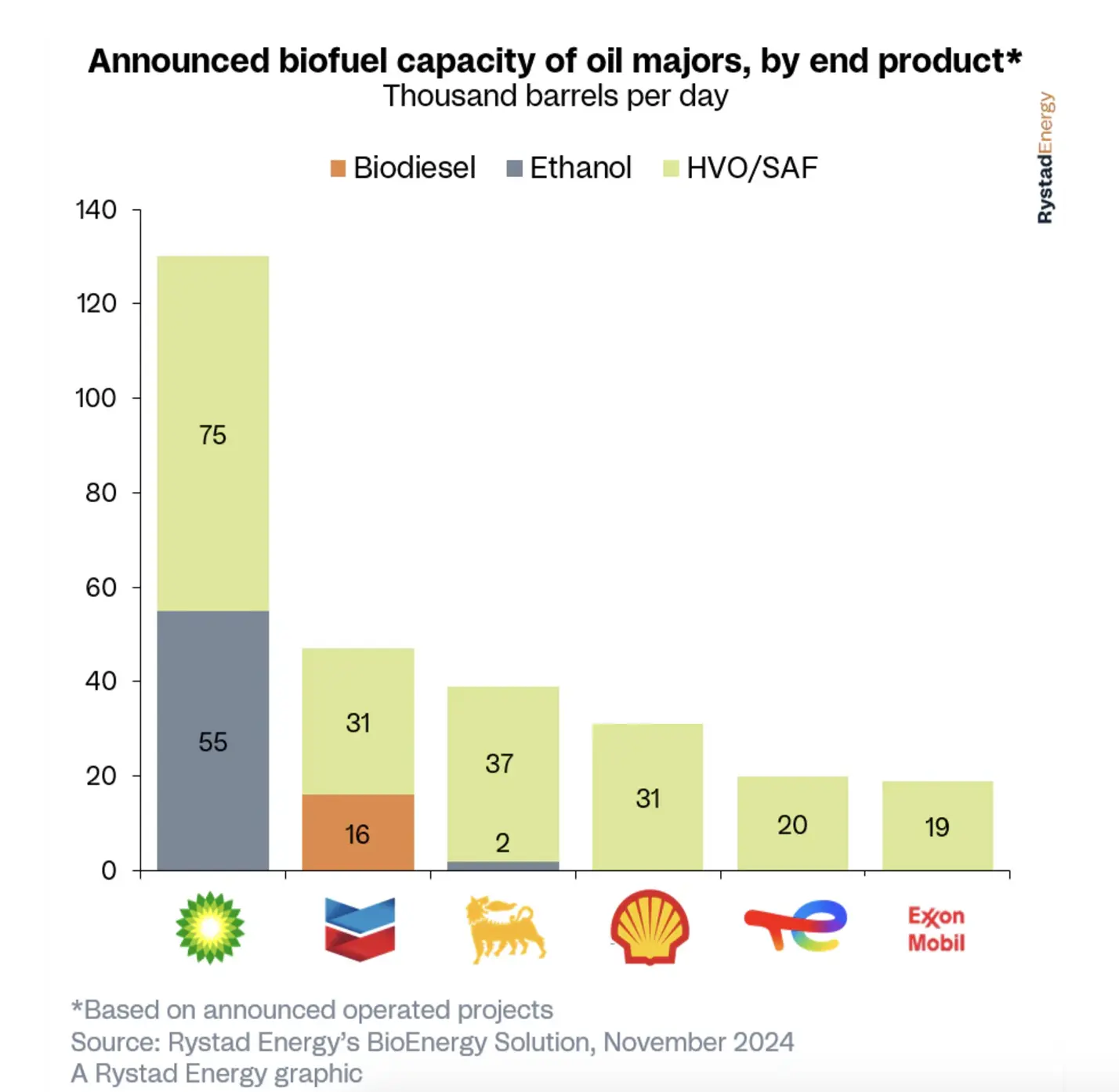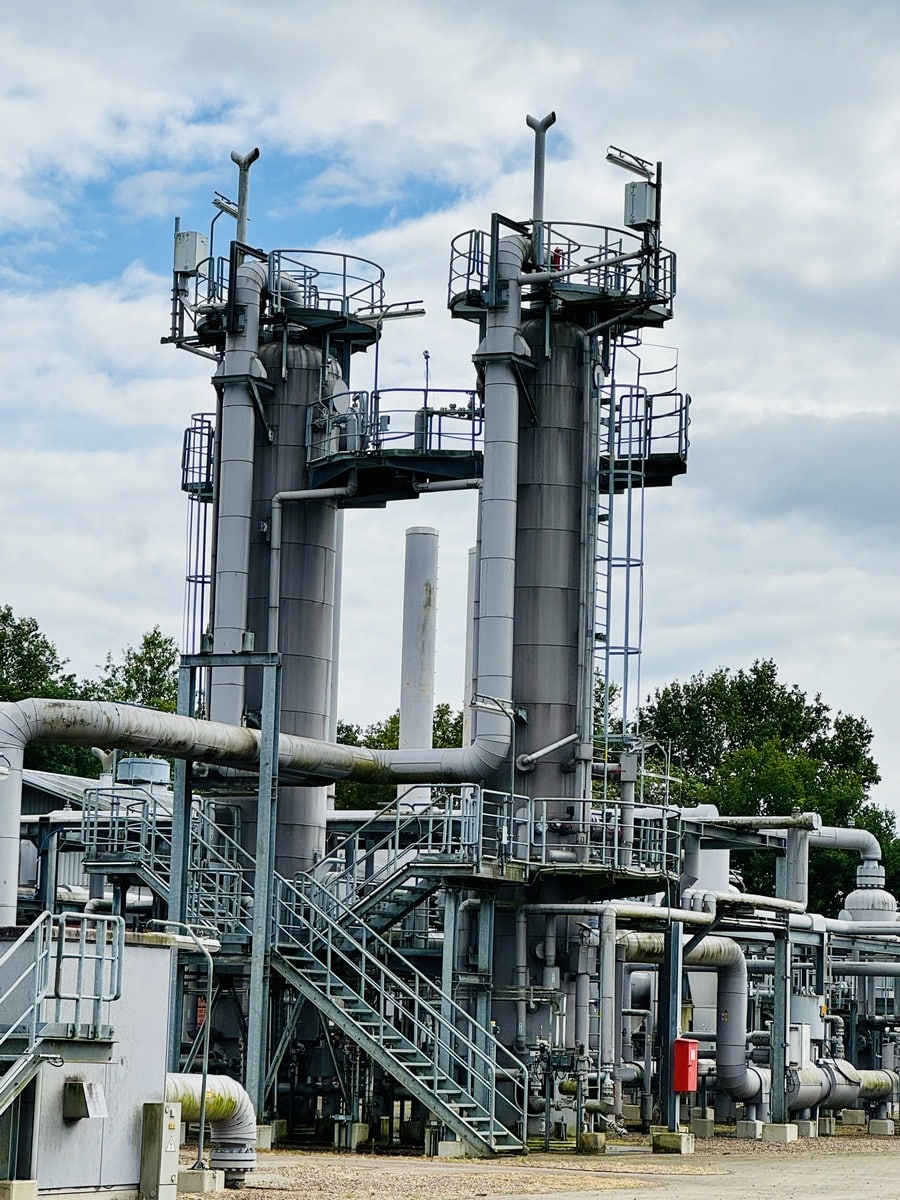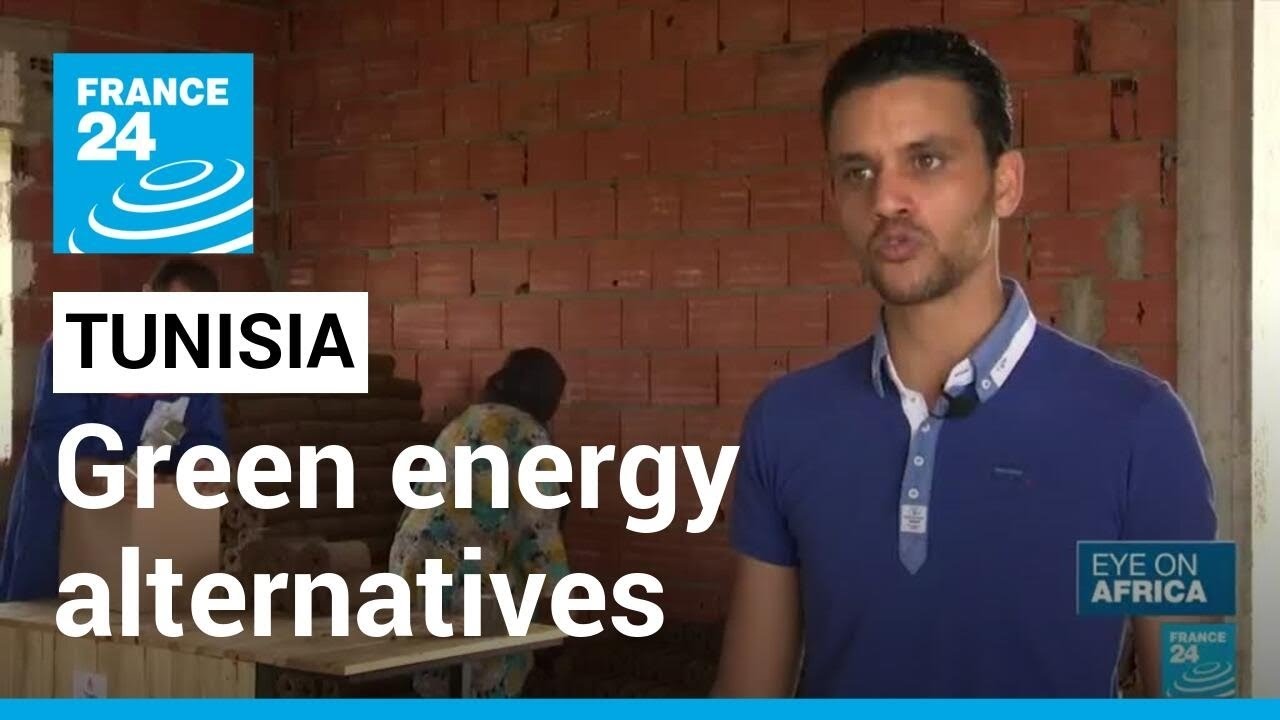
Sustainable Aviation Fuel – RTX’s Pratt & Whitney collaborates with FAA to study non-CO2 emissions under FAA ASCENT program.
Pratt & Whitney, an RTX (NYSE: RTX) business and the Federal Aviation Administration (FAA) will work together with Missouri University of Science and Technology (Missouri S&T), Aerodyne Research, Inc., and the Environmental Protection Agency (EPA) to study non- CO2 aviation emissions, to help understand and reduce the environmental impact of those emissions.
As part of the FAA’s ASCENT program, the project will measure emissions from a Pratt & Whitney GTF™ engine combustor rig test stand using conventional Jet A and 100% sustainable aviation fuel (SAF).
Sean Bradshaw, senior technical fellow of sustainable propulsion at Pratt & Whitney said:
? What about we co-host a webinar? Let’s educate, captivate, and convert the biofuels economy!
Biofuels Central is the global go-to online magazine for the biofuel market, we can help you host impactful webinars that become a global reference on your topic and are an evergreen source of leads. Click here to request more details
As the aviation industry targets a goal of net-zero CO2 emissions by 2050, we continue to pay close attention to addressing the environmental impact of other emissions, including cruise non-volatile particulate matter and NOx.
“Combustor rig tests with 100% SAF provide a controlled environment for generating valuable baseline data, which will support future studies using full scale engines on-wing at ground and flight test conditions.”
The project will compare emissions from Jet A kerosene and SAF comprised of 100% Hydroprocessed Esters and Fatty Acids Synthetic Paraffinic Kerosene (HEFA-SPK), a biofuel derived from vegetable oils and animal fats; the fuel is supplied by World Energy.
Dr. Philip Whitefield of Missouri University of Science and Technology said:
By bringing together expertise from industry, government, and academia, this project represents an important step towards understanding and reducing the environmental impacts of aviation, including those arising from non-CO2 emissions.
“SAF containing low sulfur and aromatic hydrocarbon concentrations could contribute to reduced sulfur dioxide and non-volatile particulate emissions, which are associated with contrail formation and the impact to global warming.”
The rig tests will take place at Pratt & Whitney’s facility in Middletown, Conn., using an advanced Rich-Quench-Lean (RQL) combustor. The rig allows testing of the full range of combustor operating conditions, including at take-off, ground, and cruise altitudes, to help understand the environmental and emissions benefits of using SAF.
Pratt & Whitney, the FAA, Missouri S&T, Aerodyne Research, and the EPA will collaborate on test design, execution, and emissions data analysis.
About Pratt & Whitney
Pratt & Whitney is a world leader in the design, manufacture and service of aircraft engines and auxiliary power units. To learn more, visit www.prattwhitney.com.
About RTX
With more than 185,000 global employees, RTX pushes the limits of technology and science to redefine how we connect and protect our world.
Through industry-leading businesses – Collins Aerospace, Pratt & Whitney, and Raytheon – we are advancing aviation, engineering integrated defense systems, and developing next-generation technology solutions and manufacturing to help global customers address their most critical challenges. The company, with 2023 sales of $69 billion, is headquartered in Arlington, Virginia.
RTX’s Pratt & Whitney collaborates with FAA to study non-CO2 emissions under FAA ASCENT program, EAST HARTFORD, Conn., March 21, 2024







